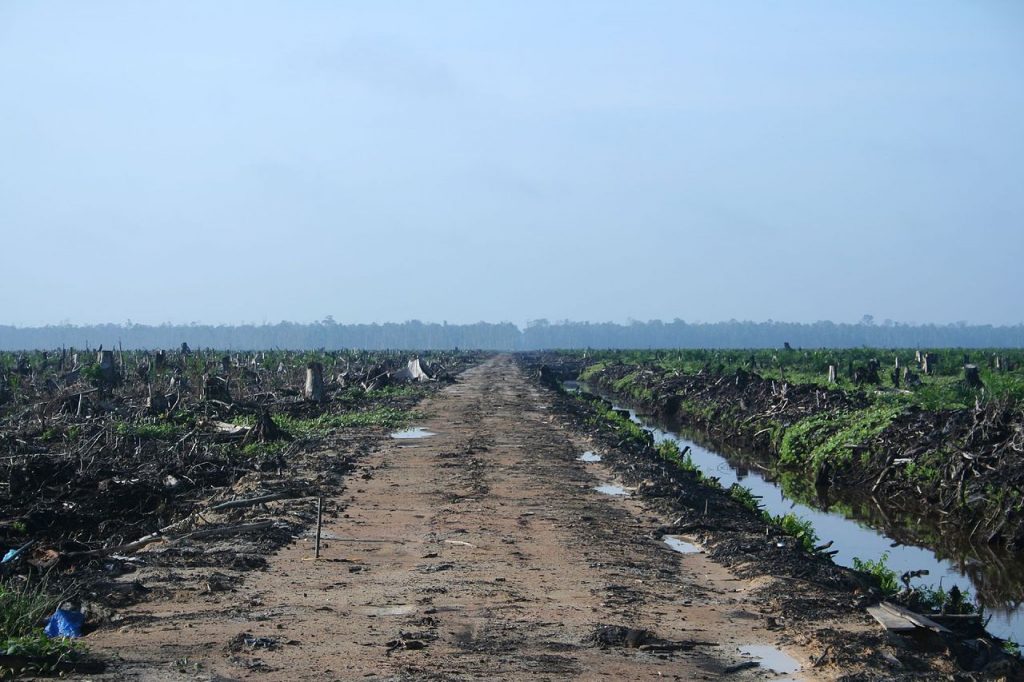Energy ministers under fire for calls to remove tighter limits on biofuels

December 20th, 2017
A proposal from Europe’s environment and energy ministers to remove tighter limits on the use of biofuels put forward by the European Commission has come under fire from environmental groups who point to the potential rise in emissions and deforestation in origin countries.
At the Energy Council earlier this week, Ministers voted on proposed amendments for the reform of the Renewable Energy Directive for the period 2021-2030. The ministers agreed to reintroduce a binding 14 per cent renewable energy target for the transport sector across all member states by 2030 through mandates imposed on fuel suppliers.
However, Ministers rejected a proposal from the European Commission to lower the current seven per cent target for food-based crops in all transport to just under four per cent by 2030.
“Ignoring all scientific evidence”
The move sparked environmental group Transport & Environment’s (T&E) clean fuels manager, Laura Buffet, to accuse Member States of “ignoring all the scientific evidence” linking biofuels imported from outside of the EU to deforestation and higher emissions than more traditional fuels.
The 2017 EU Energy Statistical Pocketbook revealed that biodiesel, derived from rapeseed, palm and soya vegetable oils, comprises 80 per cent of the EU biofuels market. Bioethanol makes up the remaining 20 per cent.
A T&E report from 2016 also found that, on average, biodiesels from virgin vegetable oil can produce 80 per cent higher emissions over their full lifecycle than the fossil fuels they replace. Lifecycle emissions include land-use change emissions where cropland biofuel production displaces the current land use, in many cases leading to peatland drainage and deforestation.

Oil Palm Concession in Riau, Sumatra Photo: Hayden
“We urge Members of the European Parliament to reject any new crop biofuels target in transport and phase out support for food-based biofuels in 2030. EU policy should focus on supporting truly sustainable alternatives for transport such as renewable electricity and sustainable advanced waste-based fuels,” Ms Buffet added.
Molly Walsh, climate justice and renewables campaigner at Friends of the Earth Europe said we are in the “critical decade for the climate”, a concept that the European energy ministers are “completely failing to grasp”.
“Ministers have riddled the European Commission proposal with loopholes,” Ms Walsh added. “There was a clear choice of political paths today – a clean energy future in the hands of communities or a fossil fuel future for vested interests. Sadly they have chosen the latter.”
In a statement, the Council said the seven per cent will be preserved in order to “provide certainty to investors”. The Council also decided on a sub-target of three per cent for “advanced biofuels” and a binding milestone of one per cent in 2025 to “increase investment security and guarantee the availability of fuels throughout the period”.
Overall renewable target
The Ministers agreed to maintain ta overall 27 per cent renewable energy target by 2030 set out in the Renewable Energy Directive. The 27 per cent goal is the minimum required to secure promises made in the 2015 Paris Agreement.
However, over the last two years the European Parliament has called upon the Commission to be more ambitious and to increase the renewable target to at least 30 per cent. The Parliament also stressed that implementation should be by means of individual national targets taking into account the individual situation and potential of each Member State.
The European Parliament is expected to vote on its version of the proposed Renewable Energy Directive at a plenary session in Strasbourg in mid-January 2018.
[x_author title=”About the Author”]







